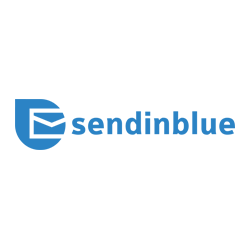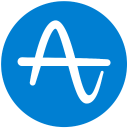My "Failed Tweets" Inspired Me To Launch A $492K/Year Twitter Growth Tool
Hello! Who are you and what business did you start?
Hey! My name’s Tom, I’m a 32 y/o French dude.
I’m also the co-founder of Tweet Hunter, an all-in-one Twitter tool focused on helping our users build and monetize their audience. We have a wide range of users, but we like to define them as ambitious individuals looking to drive results from a personal brand. Most of them fall under one of these categories: founders, freelancers, creators, influencers, or consultants.
It’s been about 10 months since we launched it from scratch, and we currently stand at approximately $60,000 MRR.

What's your backstory and how did you come up with the idea?
I have about 10 years of experience in roles that involve marketing, product, and entrepreneurship. The first startup I launched was in 2014, it...

Download the report and join our email newsletter packed with business ideas and money-making opportunities, backed by real-life case studies.

Download the report and join our email newsletter packed with business ideas and money-making opportunities, backed by real-life case studies.

Download the report and join our email newsletter packed with business ideas and money-making opportunities, backed by real-life case studies.

Download the report and join our email newsletter packed with business ideas and money-making opportunities, backed by real-life case studies.

Download the report and join our email newsletter packed with business ideas and money-making opportunities, backed by real-life case studies.

Download the report and join our email newsletter packed with business ideas and money-making opportunities, backed by real-life case studies.

Download the report and join our email newsletter packed with business ideas and money-making opportunities, backed by real-life case studies.

Download the report and join our email newsletter packed with business ideas and money-making opportunities, backed by real-life case studies.


























